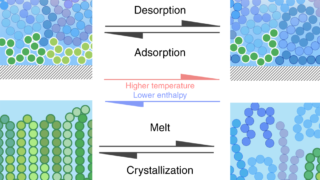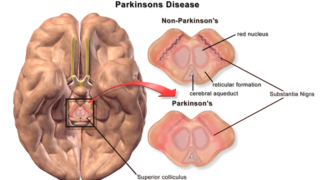
MI weekly selection #397
Social learning in otters Otters learn to survive by observing others in their social circles. The experiment with Asian short-clawed otters, in which the animals learned to open containers filled with meatballs after watching their peers do it, “is the first to show evidence of social learning and long-term memory in Asian short-clawed otters,” says […]








